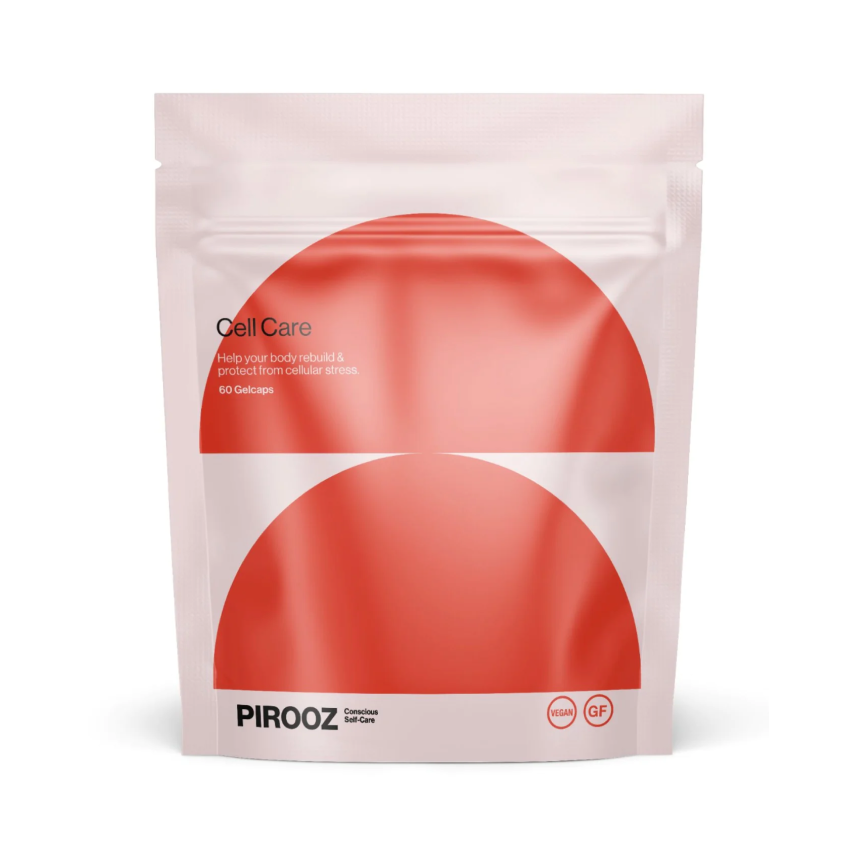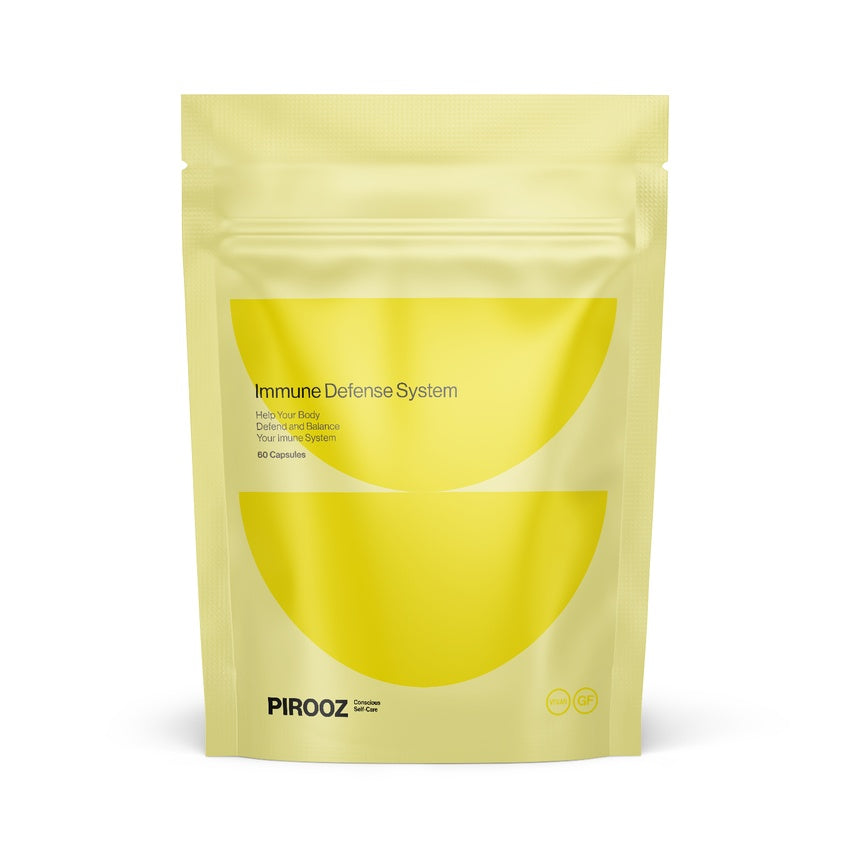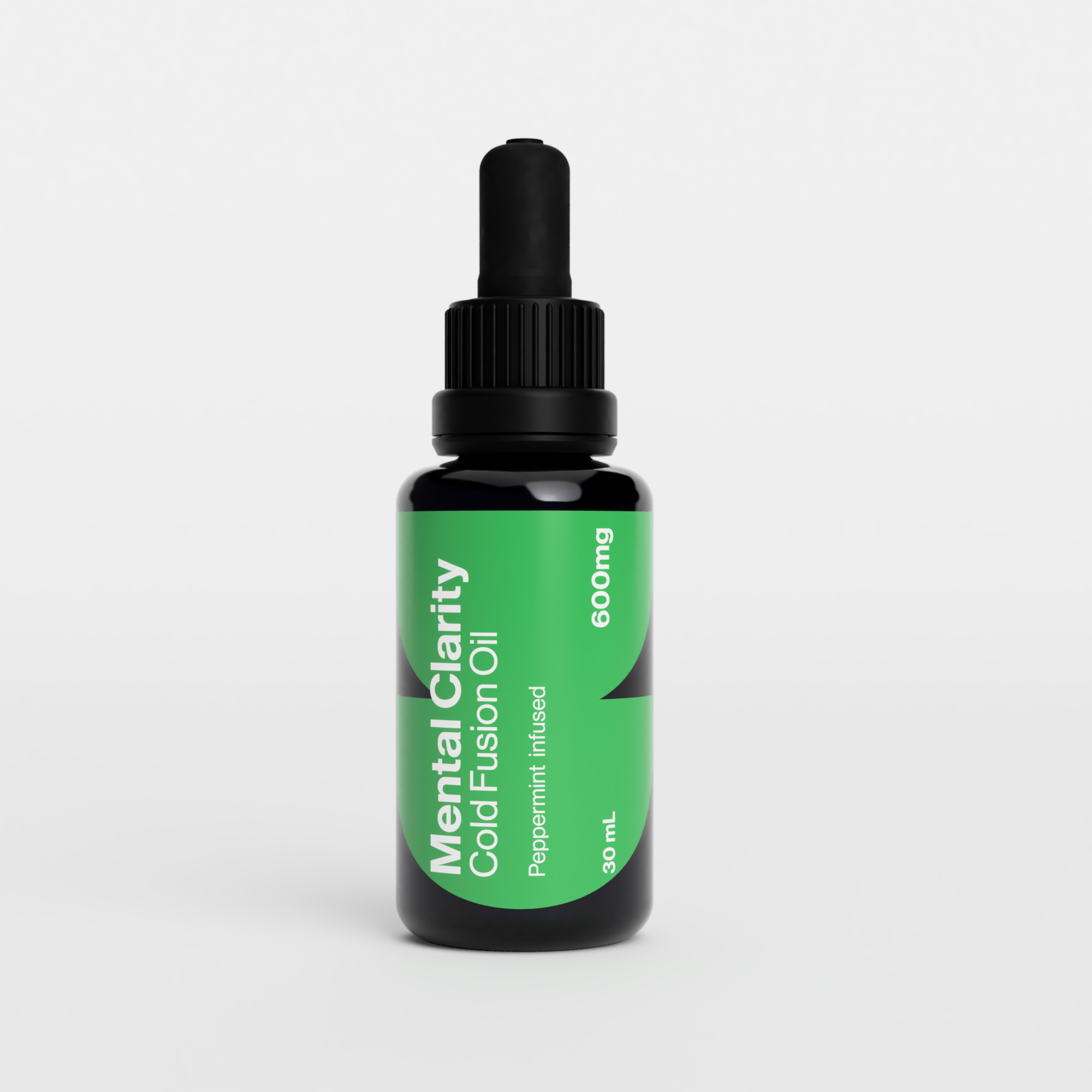Proteins, often touted as the fundamental building blocks of life, are indeed complex macronutrients composed of intricate amino acid chains. They are prevalent in our muscles, tissues, organs, bones, and more, serving as crucial components of our biological makeup. However, the mere presence of protein-rich foods in our diet does not guarantee their seamless conversion into essential nutrients within our bodies. The intricate process of protein absorption presents a fascinating journey, which we shall explore herein, along with strategies to optimize this vital physiological function.
The process of protein digestion and absorption is a sequential and interconnected series of events, distinct yet interdependent. To comprehend this phenomenon, we shall dissect it into its constituent steps.
1. Digestion: The Initial Phase
Digestion, the inaugural phase of protein utilization, is a meticulous process that commences upon ingestion. This intricate journey unfolds as follows:
2. Absorption: The Culminating Phase
The final phase, absorption, involves the assimilation of amino acids into the bloodstream. These amino acids, formerly constituents of protein, circulate through the bloodstream, delivering nutrients to various cells, tissues, and muscles, thereby facilitating repair and growth. This phase parallels the act of digesting and absorbing the nutritious smoothie upon reaching the stomach.
Despite the inherent capacity of our bodies to digest and absorb proteins efficiently, various factors may disrupt this intricate process. Identifying and addressing these challenges is imperative to optimize protein absorption.
1. Incorporate Probiotics into Your Diet
Probiotics, heralded for their contributions to gut health, play a pivotal role in enhancing protein digestion. These beneficial microorganisms exert their influence through:
To harness these benefits, include probiotic-rich foods such as yogurt, tempeh, miso, and kombucha in your diet. Alternatively, explore the convenience of gut health supplements like ReGenesis, an organic, probiotic-enriched formula designed to bolster gut health and digestion.
2. Embrace Foods Rich in Digestive Enzymes
Enzymes, integral to the digestive process, merit attention. Plant-based digestive enzymes, superior in their effectiveness due to key factors, hold great promise:
To incorporate additional enzymes into your diet, consider consuming enzyme-rich foods like pineapple, papaya, kiwi, ginger, asparagus, kimchi, yogurt, and kefir. Alternatively, explore supplements that extract potent enzyme forms, encapsulating them for ease of consumption.
3. Elevate Vitamin Intake
Vitamins, indispensable to overall health, assume pivotal roles in protein digestion. Vitamin B6 facilitates enzymatic protein breakdown, enabling the efficient conversion of proteins into amino acids. Vitamin C, renowned for its manifold benefits, maintains the health of digestive tract tissues and augments stomach acid production.
To augment vitamin intake, incorporate vitamin C-rich foods such as citrus fruits, dark green vegetables, and strawberries, alongside vitamin B6 sources like fish, lean meats, potatoes, and avocados, into your daily meals. Alternatively, explore the convenience of daily supplements, including multivitamins or Synergy Liposomal
Vitamin C.
Armed with the knowledge of protein digestion and absorption, embark on the journey of optimizing your nutritional intake for improved vitality and overall health.












